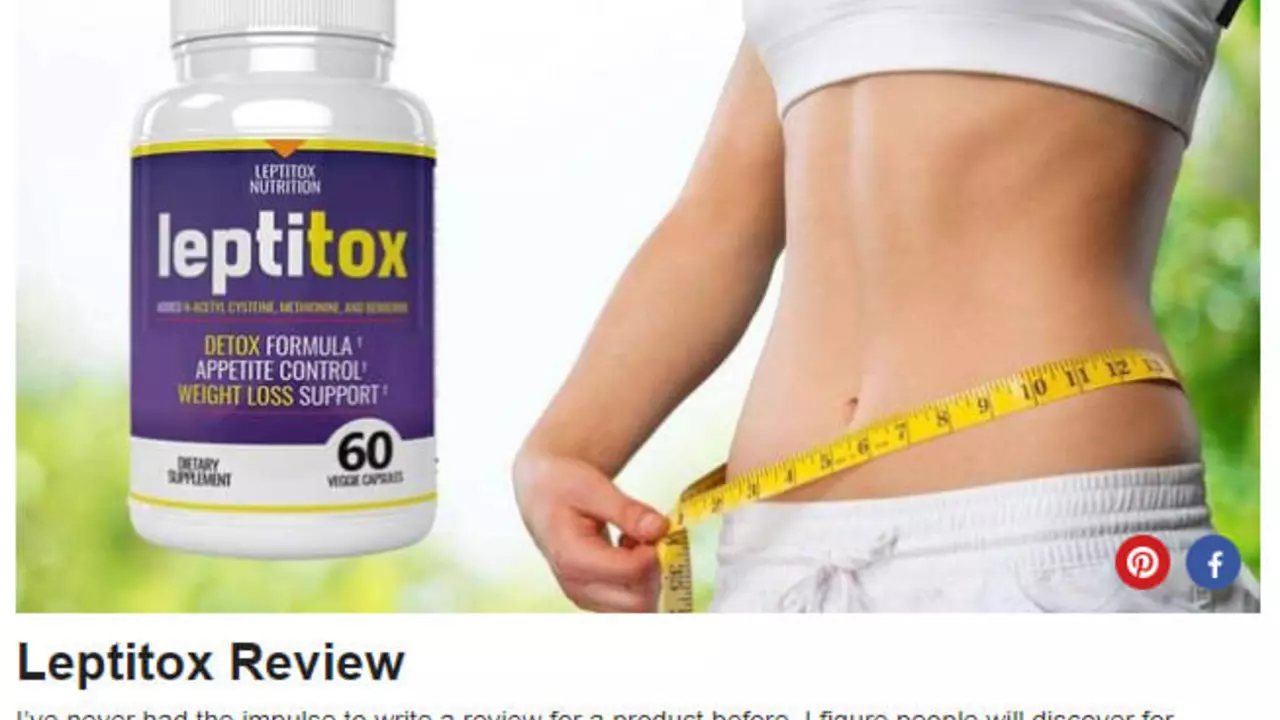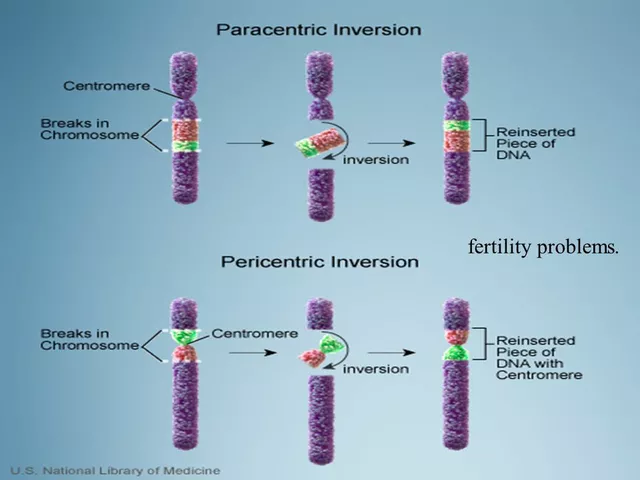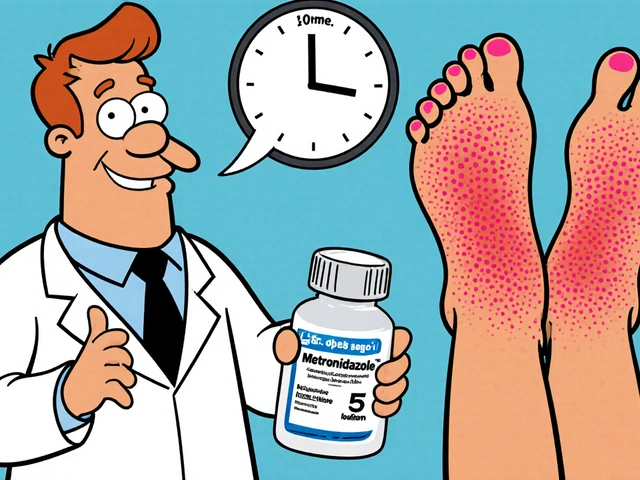Secretin: What It Does, Tests, and When Doctors Use It
Secretin is a hormone your duodenum releases when stomach acid hits the small intestine. Its main job is simple: tell the pancreas to dump bicarbonate so the acid gets neutralized. That short message keeps enzymes working and protects the gut lining. Knowing this helps make sense of a few tests and imaging procedures doctors order.
When would you hear the word secretin in a clinic? The two most common times are for a secretin stimulation test and for secretin-enhanced MRCP (magnetic resonance cholangiopancreatography). Both use an IV dose of synthetic secretin to provoke the pancreas and show how well it responds.
Secretin stimulation test: what to expect
This test checks pancreatic exocrine function. You’ll fast first. In the lab you get an IV injection—most protocols use about 0.2 micrograms per kilogram of body weight—then clinicians collect small samples of duodenal fluid over 30–60 minutes. Healthy pancreas tissue responds by raising bicarbonate levels. Low bicarbonate or a weak response points to exocrine pancreatic insufficiency or chronic pancreatitis.
Prep is straightforward: follow fasting instructions, bring a list of meds, and tell staff about allergies. Side effects are usually mild: brief nausea, faint warmth, or lightheadedness. Serious reactions are rare but tell staff immediately if you feel short of breath, a rash, or severe chest pain.
Secretin in imaging and other uses
In MRCP, secretin makes pancreatic ducts dilate slightly by stimulating fluid secretion. That small change improves duct visibility and helps detect leaks, small strictures, or early chronic pancreatitis that a standard scan might miss. Radiology teams time images after the IV dose to capture the best views.
People ask if secretin treats conditions like autism or other chronic diseases. Early interest in secretin for autism led to controlled trials—those studies did not show meaningful benefit. Secretin remains a diagnostic tool, not a treatment, in mainstream medicine.
If your doctor orders a secretin test or a secretin-enhanced MRCP, ask how results will affect care. Will they change medication, prompt enzyme replacement, or guide surgery? Knowing the next steps helps you prepare mentally and practically.
Bottom line: secretin is a short-lived but useful hormone in digestive testing and pancreatic imaging. It’s safe when given in a clinical setting, gives clear functional information, and can change management for pancreatic disorders. Ask your provider to explain the test plan and what the team will look for in your results.




